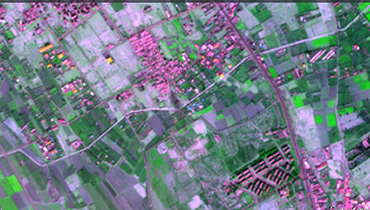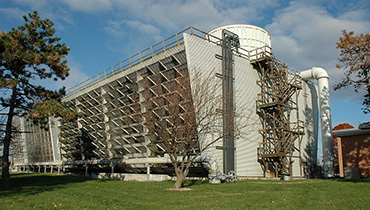2011 - Análisis de la cadena de valor del sector ovino en Salinas, San Luis de Potosí, México
| Autores: | Brenda Inoscencia Trejo-Téllez, Ignacio de los Ríos Carmenado, Benjamín Figueroa-Sandoval y Francisco Javier Morales-Flores |
| Título: | Análisis de la cadena de valor del sector ovino en Salinas, San Luis de Potosí, México |
| Revista: | Agricultura, Sociedad y Desarrollo. Colegio de Postgraduados de México. ISSN: 1870-5472 |
| Volumen: | 8 (2) |
| Páginas: | Inicial: 259 Final: 260 |
| Fecha: | 2011 |
| Lugar de Publicación: | México |
| Documento: | Pinche aquí |
| Enlace: | Pinche aquí |
ABSTRACT
The concept of value chain has been used for diagnosis and identification of solutions to problems that a particular activity faces. In this research study we analyze the value chain from the approach of social integration and establishment of links between actors who intervene: producers, retailers, wholesalers, transformers, marketers and local organizations. The methodology used includes: 1) identifying the sector; 2) identifying agents; 3) value chain analysis; 4) agent analysis; and, 5) cooperation strategy. The research was carried out in the municipality of Salinas, San Luis Potosí, México. Field information was obtained through surveys and structured interviews. Data point out that the sheep sector's value chain in Salinas has a low level of competitiveness. Also, it is disjointed with regards to both horizontal and vertical relations. It is advisable to encourage training and technical assistance in the different areas of species management: feeding, reproduction, product transformation and marketing.
Keywords: Sheep, social integration, horizontal relations, vertical relations













